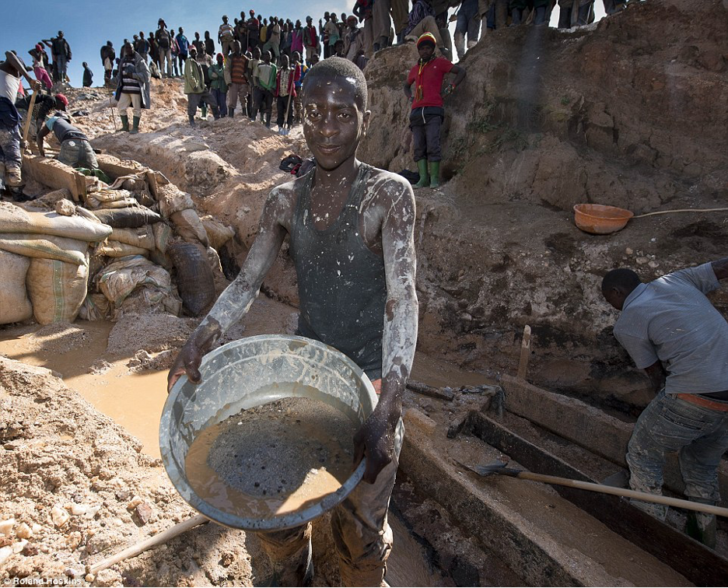Clearing the Air: US Tech Giants Free from Child Labor Accusations
In a recent legal development, a U.S. court delivered a verdict on Tuesday, absolving five prominent technology companies from allegations of complicity in child labor practices in cobalt mines situated in the Democratic Republic of Congo (DRC). The accused companies include Google’s parent company, Alphabet, Apple, Dell Technologies, Microsoft, and Tesla. These firms were collectively charged with facilitating child labor within their cobalt supply chains, a crucial component in producing lithium-ion batteries widely utilized in electronic devices.
The case, brought forward by former child miners and their representatives, contended that the tech giants were implicated in the use of child labor in cobalt extraction. Despite the severe accusations, the U.S. Court of Appeals for the District of Columbia, in a unanimous 3-0 decision, sided with the technology companies. The court’s rationale rested on the argument that these companies maintained a strictly commercial relationship with their suppliers and lacked the authority to intervene in or prevent the use of child labor in cobalt mines.
The plaintiffs asserted that the accused companies possessed knowledge of the child labor practices in cobalt mines but refrained from taking action, fearing potential disruptions in the metal’s supply chain. Notably, the Democratic Republic of Congo is the world’s largest producer of cobalt. A significant portion of cobalt extraction occurs through artisanal mining, where child labor is prevalent and safety standards are often neglected.
According to the United Nations, the Katanga province in the DRC alone harbors over 40,000 children engaged in hazardous conditions within cobalt mines. Despite this alarming statistic, the recent court decision underscores the legal perspective that the technology companies. At the same time, significant players in the cobalt supply chain, are not legally culpable for child labor practices in the mines. The verdict raises questions about the extent of responsibility that multinational corporations should bear for human rights violations within their supply chains. It prompts a broader conversation about ethical considerations in pursuing raw materials for essential technologies.













